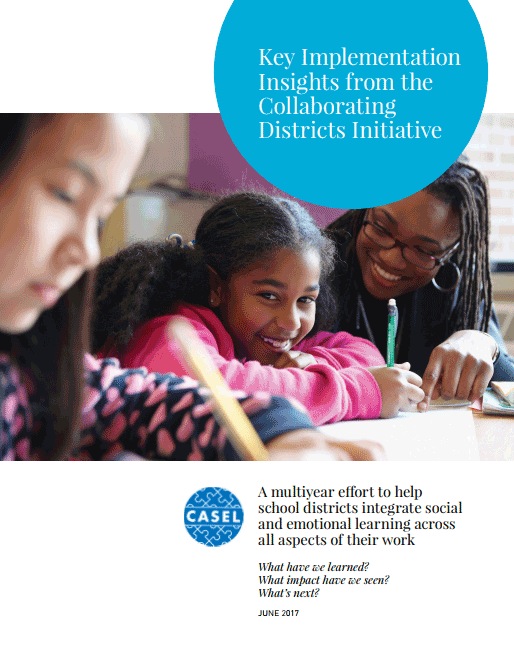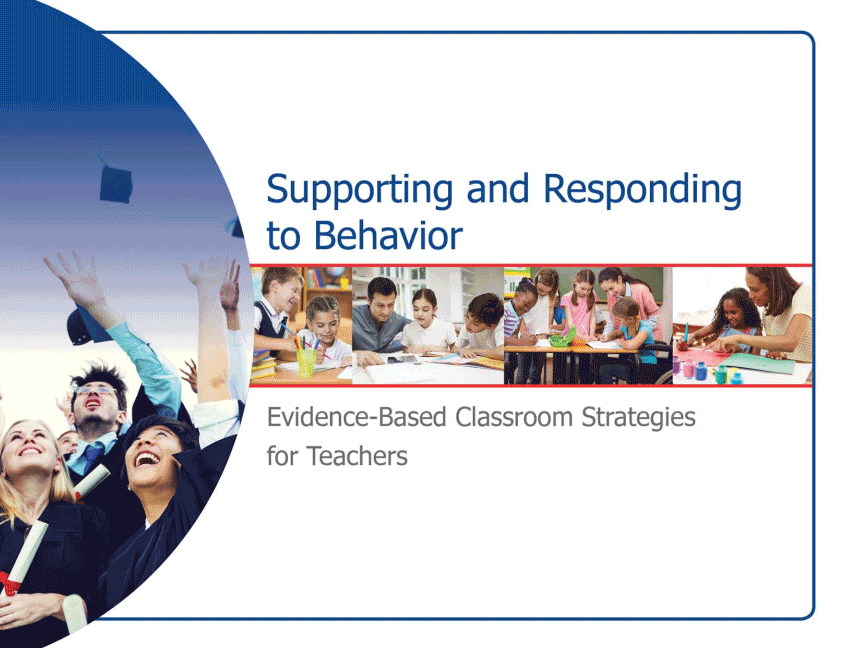There are many social emotional learning programs out there. This report provides a comprehensive report on 25 evidence-based social emotional learning programs for elementary school. Developed for the Wallace Foundation and released in March 2017, the report profiles both lesson-based/curriculum and non-curricular approaches.
Resource Link
Navigating SEL from the Inside Out: Looking Inside & Across 25 Leading SEL Programs
SEL Programs Evaluated
In-School, Lesson-Based Curricula: The 4Rs Program, Caring School Community, Character First, Competent Kids, Caring Communities, I Can Problem Solve, Lions Quest, The Mutt-i-grees Curriculum, Open Circle, The PATHS Program, Positive Action , RULER, Second Step, SECURe, Social Decision Making/Problem Solving Program, Too Good for Violence, We Have Skills, Wise Skills
In-School, Non-curricular Approaches: Conscious Discipline, Good Behavior Game, Playworks, Responsive Classroom, Program Profiles
Out-of-School Time Programs: Before the Bullying, A.F.T.E.R School Program, Girls on the Run, WINGS for Kids
Source
The Wallace Foundation, Harvard Graduate School of Education


























